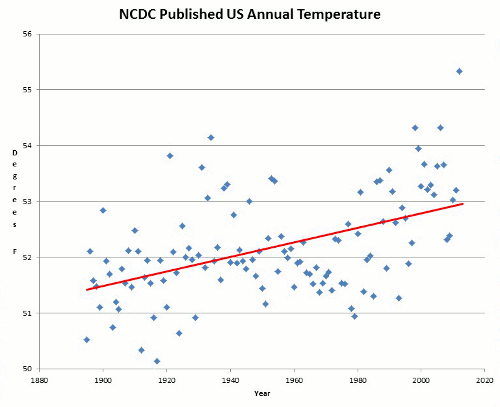Almost weekly now we are being presented in the media with some new scare about the seas turning to acid as our emissions grow higher. They claim that this increase in acidity will wipe out things such as the Great Barrier Reef and all manner of other forms of sea life. Whilst it is absolutely true that if you add CO2 to sea (salt) water you will produce carbolic acid as one of the by products, the question is, is there enough ocean to sufficiently water this effect down to prevent harm?
Australian Professor Ian Plimer (PhD, Professor of Geology,School of Earth and Environment Sciences, University of Adelaide and Emeritus Professor of Earth Sciences, University of Melbourne, Australia) wrote an article entitled: Not Enough CO2 in Fossil Fuels to Make Oceans Acidic: A Note from Professor Plimer, in which he discussed to following:
The oceans have remained alkaline during the Phanerozoic (last 540 million years) except for a very brief and poorly understood time 55 million years ago.
Rainwater (pH 5.6) reacts with the most common minerals on Earth (feldspars) to produce clays, this is an acid consuming reaction, alkali and alkaline earths are leached into the oceans (which is why we have saline oceans), silica is redeposited as cements in sediments, the reaction consumes acid and is accelerated by temperature.
In the oceans, there is a buffering reaction between the sea floor basalts and sea water . Sea water has a local and regional variation in pH (pH 7.8 to 8.3). It should be noted that pH is a log scale and that if we are to create acid oceans, then there is not enough CO2 in fossil fuels to create oceanic acidity because most of the planet’s CO2 is locked up in rocks.
When we run out of rocks on Earth or plate tectonics ceases, then we will have acid oceans.
In the Precambrian, it is these reactions that rapidly responded to huge changes in climate (-40 deg C to +50 deg C), large sea level changes (+ 600m to -640m) and rapid climate shifts over a few thousand years from ‘snowball’ or ‘slushball’ Earth to very hot conditions (e.g. Neoproterozoic cap carbonates that formed in water at ~50 deg C lie directly on glacial rocks). During these times, there were rapid changes in oceanic pH and CO2 was removed from the oceans as carbonate. It is from this time onwards (750 Ma) that life started to extract huge amounts of CO2 from the oceans, life has expanded and diversified and this processcontinues (which is why we have low CO2 today).
The history of CO2 and temperature shows that there is no correlation.
Ask your local warmer:
1. Why was CO2 15 times higher than now in the Ordovician-Silurian glaciation?
2. Why were both methane and CO2 higher than now in the Permian glaciation?
3. Why was CO2 5 times higher than now in the Cretaceous-Jurassic glaciation?
The process of removing CO2 from the atmosphere via the oceans has led to carbonate deposition (i.e. CO2 sequestration).
The atmosphere once had at least 25 times the current CO2 content, we are living at a time when CO2 is the lowest it has been for billions of years, we continue to remove CO2 via carbonate sedimentation from the oceans and the oceans continue to be buffered by water-rock reactions (as shown by Walker et al. 1981).
The literature on this subject is large yet the warmers chose to ignore this literature.
These feldspar and silicate buffering reactions are well understood, there is a huge amount of thermodynamic data on these reactions and they just happened to be omitted from argument by the warmers.
When ocean pH changes, the carbon species responds and in more acid oceans CO2 as a dissolved gas becomes more abundant.
So according to Professor Plimer these oceans are naturally alkaline and it is all but impossible geologically to turn them acid. But what do the alarmist claim would happen if this acidity did come to pass?
Their latest message seems to be that creatures such as corals would be drastically effected. So let us examine this claim.
In a study conducted by an international team of scientists led by investigators based at the UK's National Oceanography Centre, Southampton and the University of Oxford, they found that the opposite happened the corals to what was widely expected to happen. They published their findings in the journal, Science, in April 2008.
Previously, the fact that carbon dioxide made the oceans more acidic was thought to be harmful to all organisms that produce calcium carbonate - for example, corals and coccolithophores (a group of calcium carbonate-producing phytoplankton). However, observations in the laboratory and the deep ocean have shown that the calcification of coccolithophores increases significantly with rising carbon dioxide (CO2) levels, produced by human activity.
So based on these observations the reefs will adjust and cope with any ocean acidification by producing more calcium in their shells.
Saturday, September 12, 2009
Subscribe to:
Post Comments (Atom)














No comments:
Post a Comment